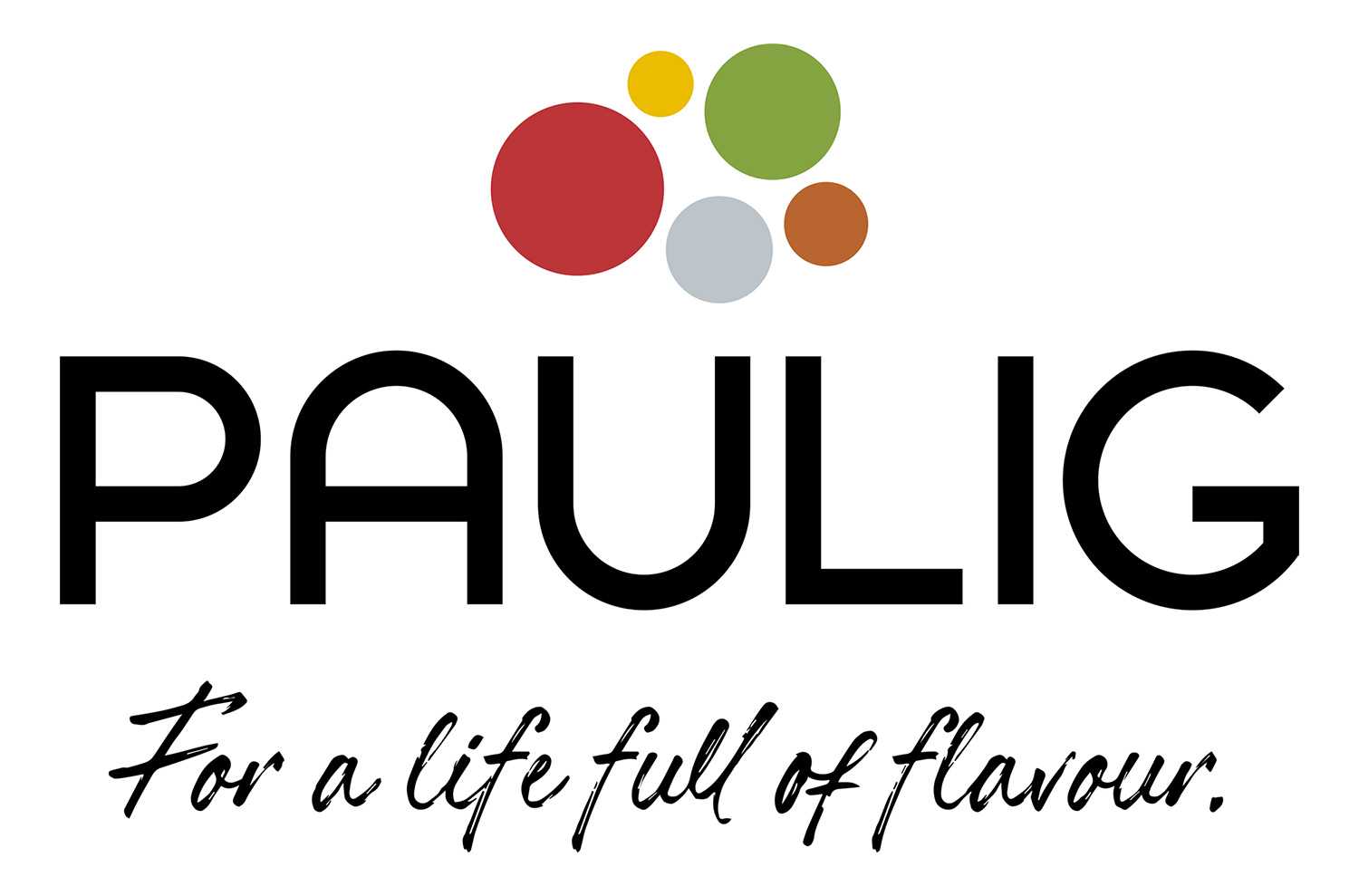HELSINKI, Paulig – The majority of the carbon footprint (nearly 70%) of coffee comes from the growing of coffee beans in the countries of origin. Therefore, agricultural transformation is the key to achieving a sustainable coffee value chain. Paulig’s new coffee climate projects in the coffee origins encourage the implementation of climate-smart farming practices to meet Paulig’s science-based target to reduce greenhouse gas (GHG) emissions in its value chain by 50% by 2030.
Paulig’s first climate projects support almost 500 farmers in adopting more sustainable farming practices. The aim is to reduce the climate impact of these coffee farms by up to 30% and provide consumers more sustainable coffee choices in the future.
Coffee farming faces great challenges. Coffee is one of the main crops to suffer from climate change and earning a living as a coffee farmer is hard work. Brazil, the biggest Arabica producer and exporter, suffered from the exceptional weather conditions last spring and summer and drought and frost destroyed almost one fifth of the coffee crops. As one of the world’s most sustainable coffee roasteries, Paulig is committed to encouraging more sustainable cultivation methods and support the livelihood of coffee farmers in the coffee origins to reduce climate impacts. Paulig’s new climate projects in Brazil, Colombia, and Nicaragua support farmers in the sustainable and profitable cultivation of coffee. The projects are tailored in co-operation with our partners and the farming community to suit the local needs of the area in question. Paulig’s aim is to scale the best practices throughout our origins in the coming years.
“The targets for coffee climate reductions are achievable. However, this requires systematic and long-term cooperation throughout the whole value chain. Farming methods used by farmers have a significant direct effect on the climate impact of coffee because the majority of the carbon footprint of the coffee value chain comes from the growing of coffee beans in origin countries. We at Paulig work for the bright future of coffee and our aim is to reduce the climate impact on the coffee value chain and mitigate climate change. Our new projects will improve profitable coffee cultivation and the livelihood of the coffee farmers. These projects are a big step forward in our sustainability work, and we want to scale the best practices throughout our origins in the coming years”, says Lea Rankinen, Paulig’s Director, Sustainability and Public Affairs.
Focus areas of Paulig’s climate projects are nutrient management and optimization, the deployment of regenerative agricultural practices such as the use of cover crops, wastewater treatment, and biochar practices. To start with, Paulig has selected a few impactful projects in Brazil, Colombia, Nicaragua. Farmers will develop current farming practices and test new working methods. In total, nearly 500 farmers and around 20,000 hectares of coffee farms will be covered by Paulig’s projects starting in the first phase during 2022. The estimated emission reduction for the first year is up to 15-30% at the farm level.
Coffee is one of the Paulig’s biggest product categories and accounts for more than 40% of Paulig’s total value chain climate impacts. Therefore, the climate projects that are being launched now are highly impactful from a sustainability perspective. The pilot projects can reduce the Paulig coffee value chain from farm to gate GHG emissions by up to 5% during the first year.
The new climate projects are part of Paulig’s sustainability program
As the sustainability frontrunner, Paulig was the first food and beverage company in Finland and among frontrunner companies globally to have science-based climate targets approved by the Science Based Targets initiative. Coffee climate projects drive the implementation of climate-smart farming practices to meet Paulig’s science-based target to reduce the GHG emissions in its value chain by 50% by 2030. In addition, Paulig aims to reduce GHG emissions from its own operations by 80% by 2030 compared with the 2018 baseline. Paulig’s climate targets are aligned with the aim to limit the global temperature rise to a maximum of 1.5°C.
Paulig’s coffee roasteries in Finland are Carbon Neutral® certificated. Paulig’s aim is to reduce logistics-related emissions by 25% by 2025, including coffee transport and distribution. Paulig has also announced a MEUR 25 investment in Vuosaari to enable recyclable coffee packaging and improve efficiency. Finnish consumers value Paulig’s sustainability work. In spring 2022, Paulig was ranked, for the third year in a row, as the most sustainable brand within the beverage industry according to Finnish consumers.
In addition to coffee climate projects, Paulig has recently started cooperation with Lantmännen in Sweden to promote more sustainable wheat farming practices. Read more about Paulig’s sustainability work here: https://www.pauliggroup.com/sustainability


















